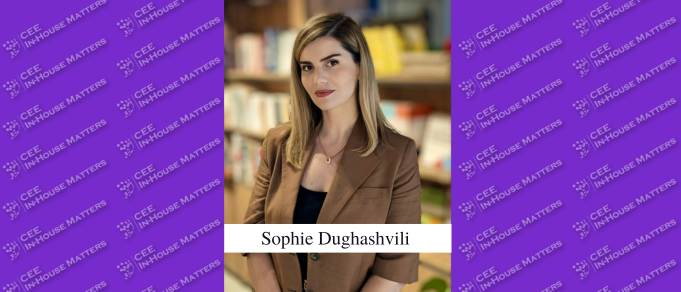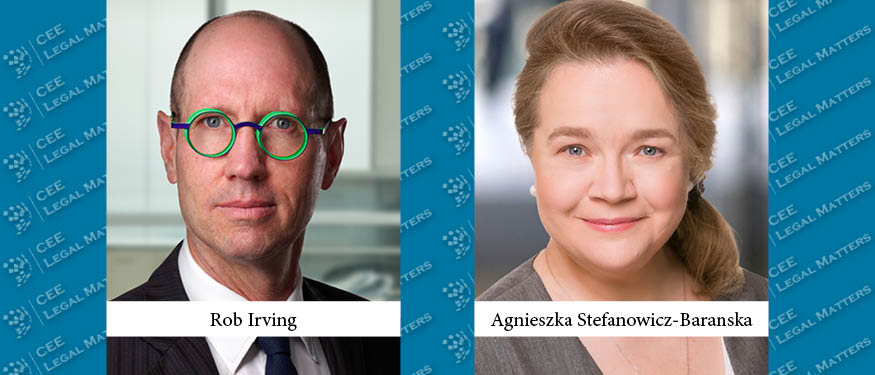The Romanian competition landscape has constantly been at the intersection of significant investment activity and intense regulatory enforcement.
The most recent numbers published by the Romanian Competition Council (RCC) testify to this, with 104 economic concentrations reviewed and authorized in 2024 alone, the most in 21 years. At the same time, the new kid on the block of transaction control – Foreign Direct Investment (FDI) screening – shows the authorities’ resolve to keep a close eye on deals from a national security perspective. The Commission for the Screening of Foreign Direct Investments finalized the review of 471 transactions in 2024, having 129 other cases pending at the end of last year. From our experience and judging from the decisions already published by the authority at the beginning of 2025, the trend is set to continue.
Outside the sphere of mergers or FDI review, the message remains clear: prevention is far better than cure, and companies are well advised to design and apply robust internal compliance programs. The RCC has been particularly active in enforcing competition rules in both traditional as well as novel areas.
Notably, 2024 witnessed the first movements in applying the relatively new provisions on unfair trading practices (UTP) in the agricultural and food supply chains, as well as on the abuse of superior bargaining position (investigations being launched and dawn raids conducted in various fields – dietary supplements, medical oxygen, car repair shops). The overall sentiment is that the authority purported to phase the process over the years: the adoption of these provisions in 2022 was followed by several rounds of secondary legislation seeking to bring more clarity and flesh out the procedural framework. Having reached these milestones, the RCC seems ready to make use of the new instruments in its toolkit. Remarkably, the RCC considered the UTP regime when accepting commitments in the merger between two major retailers, the clearance of which involved complex discussions with other national competition authorities in Europe.
The authority’s additional areas of interest should not be mistaken for a more relaxed enforcement of traditional rules. The RCC has a strong sanctioning record, which has not emerged in a vacuum – the competition authority has pushed over the years for legislative changes seeking to reinforce its competence. These changes (in part driven by the transposition of the ECN+ Directive) empowered the RCC to, e.g., conduct announced inspections or dawn raids outside of investigations.
Emboldened by factors such as statutory powers, cooperation with and support from the European Commission and other national authorities, as well as the traditionally very high success rate in court (94% of the High Court of Cassation and Justice’s judgments being favorable to the Competition Council in 2024), the authority has imposed hefty fines under the provisions relating to anti-competitive agreements and abuses of dominant position. Some of the most recent and notable examples include fines totaling approximately EUR 43.7 million imposed on players in the cement market for an alleged coordination of pricing strategies or the approximately EUR 25.8 million fine imposed for an alleged abuse of dominance on the market for certain medicines.
Looking ahead, the authority has numerous ongoing investigations (49 at the end of last year, about half of which concern cartel-type agreements). By way of example, the RCC currently investigates alleged bid-rigging practices in the IT sector, vertical agreements potentially restricting the distributors’ commercial freedom (conducting dawn raids in cooperation with the Dutch competition authority), as well as the conduct of high-profile players in the digital/technology sector (Apple for alleged abuse of dominant position in the iOS app distribution market, allegedly committed by limiting access to user data used for advertising purposes and, at the same time, favoring Apple’s own technological services displaying online advertising in iOS-compatible apps).
Particular attention should therefore be given to approval requirements as well as to the rigors of competition rules. Considering trends at the EU level, companies should expect an ever-tighter enforcement of competition rules in Romania.
By Anca Diaconu, Partner, and Rares Farcas, Associate, Nestor Nestor Diculescu Kingston Petersen
This article was originally published in Issue 12.3 of the CEE Legal Matters Magazine. If you would like to receive a hard copy of the magazine, you can subscribe here.





















